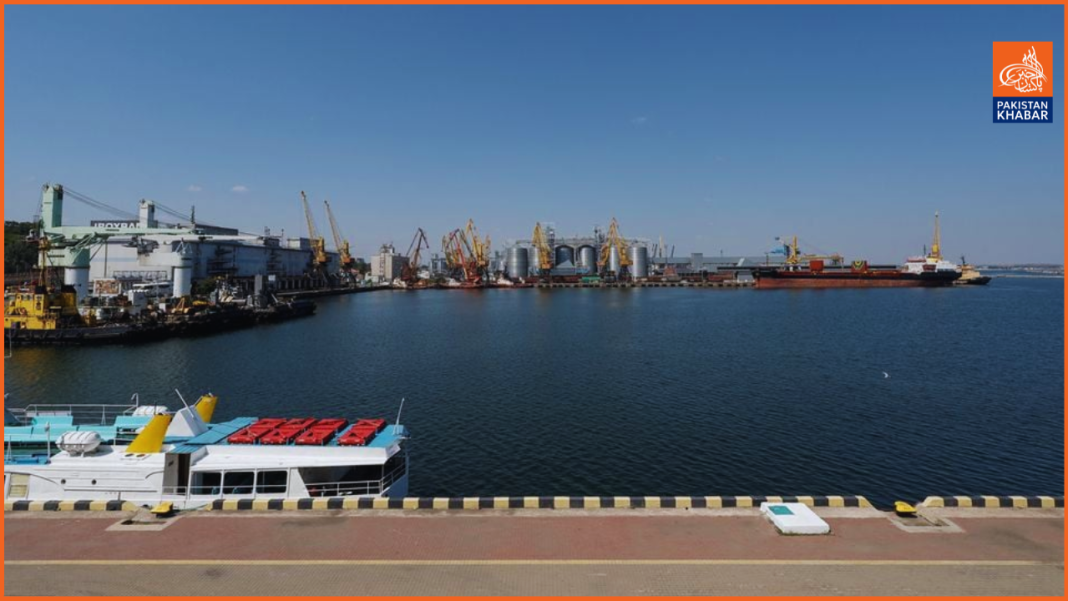Ports and shipping experts are urging immediate improvements to the security and safety infrastructure at Pakistan’s ports, highlighting key concerns and calling on authorities to address four critical areas: maritime safety, marine environmental protection, maritime law enforcement, and national defense.
A recent fire at the Pakistan International Bulk Terminal Limited (PIBTL) at the Port Qasim Authority (PQA), caused by the discharge of highly combustible coal from Tanzania, has raised alarms. While the fire was swiftly controlled and no injuries occurred, the incident led the terminal to issue protest letters to clients for bringing hazardous cargo. Repairs and replacements are already underway.
Experts also emphasized the significant financial impact on Pakistan due to delays, with millions of dollars in demurrage costs being incurred. Seatrade Group Chairman Muhammad Najib Balagamwala highlighted that a three-week delay could result in at least $5 million in demurrage charges.
The experts stress the need for a comprehensive safety council to address the four key concerns—safety, environmental protection, law enforcement, and defense. Such a council should include representatives from all stakeholders, including port authorities, dock workers, and industry experts, and meet regularly to propose new initiatives.
Despite over seven decades of operation, Pakistan’s ports still lag behind global standards. Experts believe that significant improvements can be made if there is a concerted effort to upgrade port ecosystems. They recommend round-the-clock operations and the urgent development of an expressway to alleviate truck congestion in Karachi.
The complexity of port operations, involving multiple stakeholders and jurisdictions, also creates opportunities for malpractices, including illicit payments. In addition to modernizing existing ports, experts suggest expanding and modernizing smaller ports like Jiwani Port in Balochistan. They propose making Jiwani a private-sector or public-private partnership initiative, potentially replicating the success of Gwadar by developing a special economic zone, warehouses, residential complexes, and essential infrastructure such as power, water, and gas plants.




